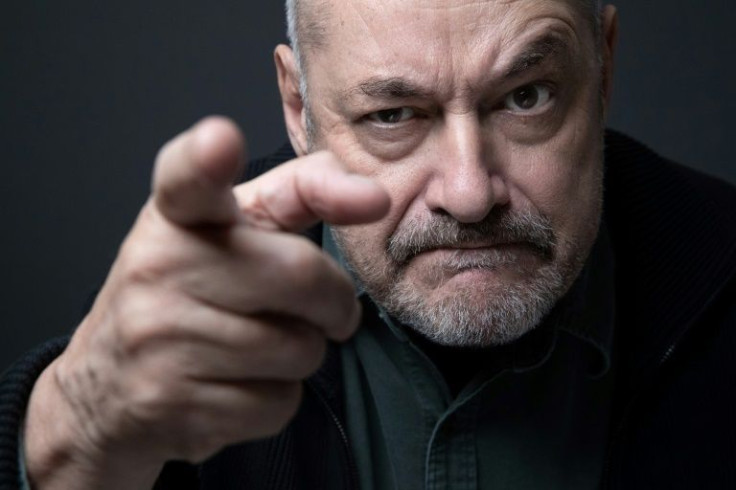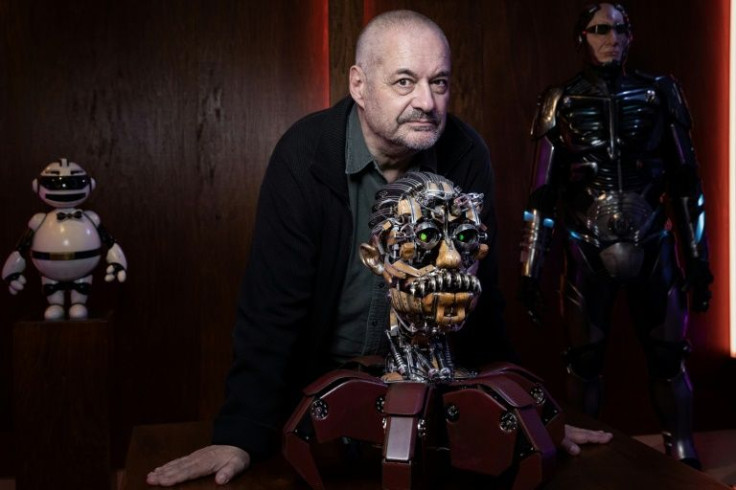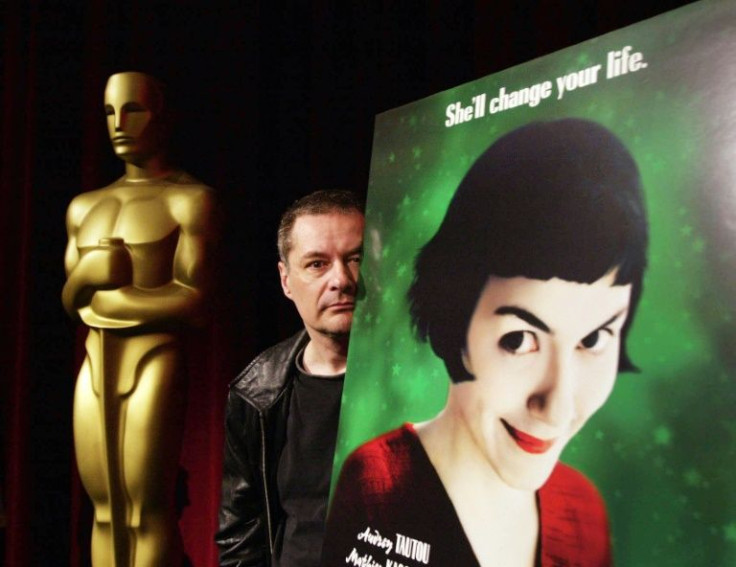Shunned By French Studios, 'Amelie' Director Turns To Netflix
He made perhaps the most famous French film of the century so far in "Amelie", but Jean-Pierre Jeunet was forced to turn to Netflix after failing to find a traditional backer for his new movie.
The US streaming giant has found great success in poaching lauded filmmakers who increasingly struggle to get funding elsewhere, including Martin Scorsese ("The Irishman"), Alfonso Cuaron ("Roma") and Jane Campion ("The Power of the Dog").
Jeunet had similarly trouble finding studio support for his movie, "BigBug", a dystopian comedy set during a war between humans and robots that premiers on Netflix on Friday.
"Almost no one wanted my new film in France. I came close to a full-blown depression," Jeunet told AFP.

"I heard the same words, the same phrases as I did for 'Delicatessen' (his 1991 debut) and 'Amelie': it's too weird, too detached and therefore too risky."
Netflix, however, called at just the right time.
"They said yes to the project in 24 hours," Jeunet said.
The streaming platform has faced some of its biggest obstacles in France, a country with strict rules about how long films must wait between a cinema release and home-viewing.

In order to win concessions, it has poured money into the French film industry -- a boon for riskier propositions like Jeunet.
To be fair to French studios, the director's track record has been mixed, with 2004's "A Very Long Engagement" and 2013's "The Young and Prodigious T.S. Spivet" failing to match the excitement around his previous films.

But for Jeunet, this only underlines what he sees as the hypocrisy of the French film industry -- complaining about the financial clout of foreign streaming platforms, while being just as obsessed with money.
"Marketing has all the power and the decision-makers are people who come out of business school and want to tell you how to make your film," he said.
"As soon as the film is released, they have their eyes on how many tickets are sold. If it's 200 people, it's a catastrophe. And now (with Netflix) we have half a billion potential viewers -- if only one percent watch the film, that's a lot of people."
"When I signed with Netflix, people mocked me, saying I shouldn't do it. Now everyone is calling me to say they want to do the same."
He rejects the fear that streaming platforms are killing off cinemas.
"Things don't replace each other, they add," he said.
"Platforms haven't replaced cinemas, which didn't replace the theatre. The big films will always be shown in cinemas. The world is changing, we have to adapt."
The studio might have changed, but "BigBug" remains very much a Jeunet production: "People who like my work will love it; those who don't will love to hate it," he said.
"There are two types of directors: those who renew themselves constantly but don't have any style. And those who, in a certain sense, always make the same film: Tim Burton, Woody Allen...
"I fit more into the latter tradition, even if it risks getting tedious more quickly," he said with a chuckle.
© Copyright AFP {{Year}}. All rights reserved.





















